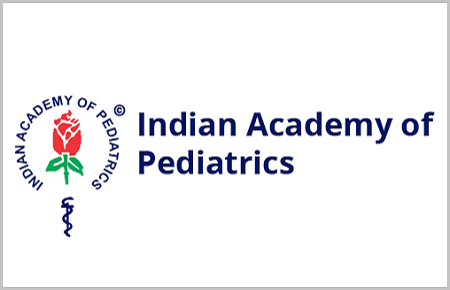Kochi: The Indian Academy of Pediatrics (IAP), the largest association of paediatrics, has said that the decision on school reopening should be decentralised and made at the local level (districts or taluk/city/village/school) according to the prevailing COVID situation there rather than at the national or state level.
According to IAP, the medical body would not recommend the seropositivity of the population as an epidemiological indicator for school reopening as it is unreliable. It also said that the educational void is increasing, and students, parents and the teaching community are eagerly awaiting the reopening of schools, reported The Times of India.
IAP published guidelines and recommendations on ‘School Reopening, Remote Learning, and Curriculum during and after Covid-19 Pandemic’ in 2020 and has also constituted a ‘Task Force on School Reopening 2021’. The task force was set up to review and update its earlier recommendations to suit the present Covid scenario in the country.
An advisory has been prepared by the 12-member task force that proposes a slew of recommendations to be taken into account while school reopening.
“Children have been homebound for more than 17 months now. Consequently, they are displaying significant physical and psychosocial health issues. Studies have shown that schools do not act as significant sources of viral transmission. However, the horrific experiences during the second wave are unforgettable and act as a big barrier to any attempts to bring the children back to school. Government authorities, school administrators, and parents appear to be in dilemma and confusion. The decision for school reopening, therefore, needs to be taken vigilantly with a scientific temper,” IAP advisory said.
“The current scientific research suggests that seroprevalence is an unreliable indicator with high false positivity and should not direct policy decisions on social restrictions. This unreliability is due to factors like restricted population surveys, non-representative samples, uncertainty around test accuracy, and limited knowledge about antibodies in the long term. To understand the disease epidemiology, the survey results need to be interpreted in the context of other external information, such as confirmed cases, deaths, and infectious disease models. Hence, IAP does not recommend the seropositivity of the population as an epidemiological indicator for school reopening,” the advisory added.
IAP also said that students who are above 18 years should have received at least one dose of the COVID vaccine. Also, high-risk children — those suffering from chronic diseases like asthma, kidney diseases, disabled children, children on steroids, etc — should consult their paediatricians before attending the schools.
ALSO READ: IMA Chief Backs Govt’s Call To Reopen Schools; Here’s What He Said


Comments are closed.